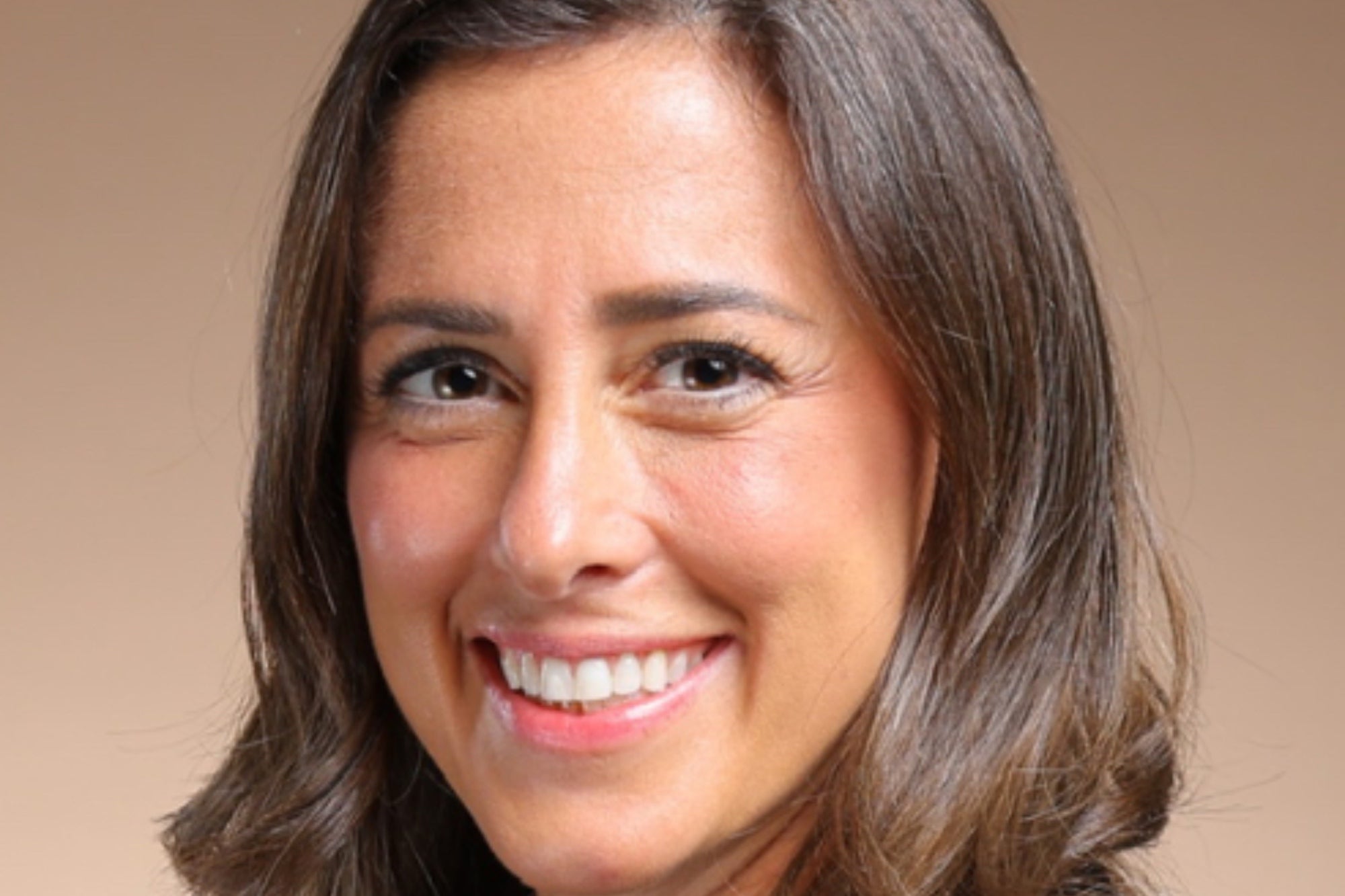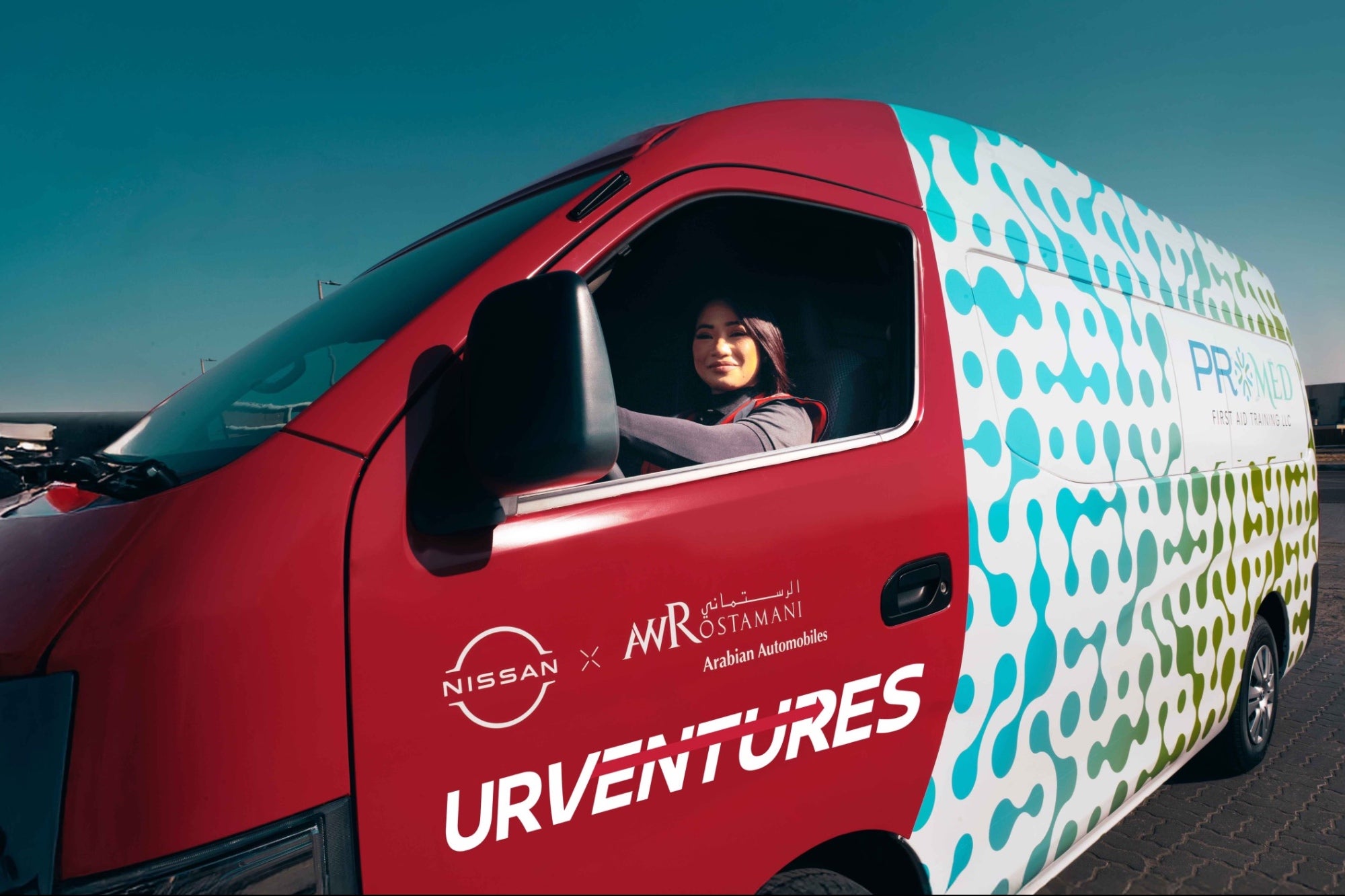VC Voices: Noor Sweid, Author and Founder and Managing Partner at Global Ventures Insider tips from Noor Sweid, author and founder and Managing Partner at Global Ventures, on how to stand out, secure funding, and scale smart.
By Tamara Pupic
You're reading BIZ Experiences Middle East, an international franchise of BIZ Experiences Media.

This article is part of VC Voices: Insights to Help Startups Succeed by BIZ Experiences Middle East - a series where the MENA region's leading venture capitalists share practical advice to help founders navigate the challenges of building and scaling a startup.
Insider tips from Noor Sweid, author and founder and Managing Partner at Global Ventures, on how to stand out, secure funding, and scale smart.
What are the top 3 things founders should absolutely do when preparing to raise their first round?
First, be able to articulate your vision in two clear, compelling sentences. Focus on the problem you're solving, how your solution is different, and where you see it going. This is not about having the flashiest pitch, it is about helping investors quickly grasp what you are building and why it matters.
Second, develop a strong grasp of your numbers. Even in the early days, knowing your financials and growth trajectory is non-negotiable. You don't need to be the one building the model, but you do need to be able to speak to it with confidence. It shows you understand what drives your business and what will keep it alive.
Third, tie the vision to the plan. Be clear on your strategy, where the capital will go, and how it will help unlock the next chapter of your journey. Investors want to see not just ambition, but intention. A clear roadmap can be just as convincing as the vision itself.
What are you really looking for when evaluating early-stage startups?
At the early stage, the founder or founding team plays a critical role in the investment decision. It's important to see a clear sense of purpose driving the business, and for that conviction to come through in the founder's passion, clarity, and commitment.
Equally important is their ability to both understand the problem they're solving and begin to execute against it. Market relevance is key, but so is operational capability. Can they take an idea and turn it into something tangible? If all of these strengths don't sit within one individual (and they rarely do), then the ability to build the right team around them becomes just as important. Whether it's co-founders, early hires, or advisors, strong founders know how to complement their own skills and close the gaps.
Can you share a personal anecdote—either a pitch that truly impressed you, or one that missed the mark and why?
One pitch that stood out to me was BioSapien, which I first saw on Shark Tank Dubai. Dr. Khatija Ali had a clear, science-backed vision and deep conviction about the problem she was solving: improving cancer treatment outcomes through a more targeted and less harmful approach.
BioSapien's innovation, the MediChip, delivers chemotherapy directly to tumors using a biodegradable mesh. It reduces side effects and improves precision, addressing a critical need in cancer care, especially in regions like MENA, where access to treatment can be limited.
What impressed me most was the balance between ambition and execution. Khatija had both the scientific rigour and the ability to build around the idea. That pitch turned into a Global Ventures investment, and today, BioSapien is advancing clinical trials and expanding its applications beyond oncology.
How should founders approach a "no"? What's the best way to build long-term investor relationships even if they don't get a cheque right away?
A "no" is not the end of the conversation. The most important thing a founder can do is understand why the decision was made. Was it timing? Stage? Market fit? Or something more specific to the business model? Asking for honest, constructive feedback not only helps improve the pitch, but also shows maturity and openness - qualities investors value deeply.
Founders should also try to understand what the investor is looking for. Every fund has its own thesis, focus areas, and timing. By taking the time to learn where your company might eventually align, you turn a short-term 'no' into a long-term opportunity.
Some of the best relationships are built this way. We have invested in founders we first said no to because they stayed in touch, shared progress, and showed resilience over time. That consistency builds trust, and that trust could turn into a cheque and a long-term strategic partnership.
What startup sector or trend are you most excited about right now—and why?
Agtech is one of the most compelling areas of innovation today, especially across the Middle East and Africa. It is where urgent global needs and regional strengths intersect. With over 800 million people facing food insecurity and climate change disrupting traditional food systems, the case for agricultural innovation has never been clearer.
What makes this moment exciting is that many of the most relevant solutions are being built within the region. Startups like iyris, Maalexi, and Seafood Souq are pioneering technologies tailored to our environmental realities, from solar-powered farming to transparent seafood supply chains.
In parts of the region, agriculture supports more than 40% of the population. Yet the sector remains under-resourced and vulnerable to climate shocks. Agtech goes beyond improving yields to enable resilience, boost access, and create systems that work for both producers and consumers.
Few sectors carry the potential to drive economic growth, advance climate solutions, and improve food security all at once, and agritech does just that.












